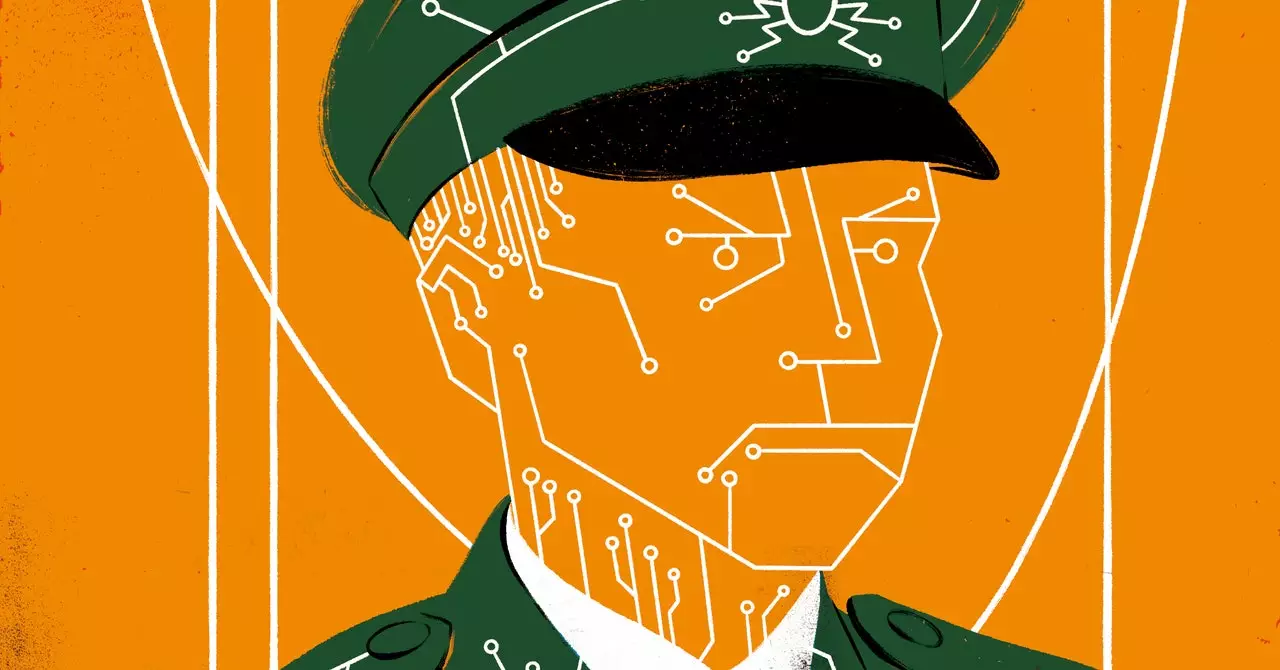Artificial Intelligence (AI) has become an integral part of modern society, shaping everything from communication to governance. However, as we advance through the 2020s, the implications of AI appear increasingly complex, particularly when assessing its role in democratic versus authoritarian regimes. Contrary to the prevailing belief that AI enhances democracy, it poses significant threats to democratic ideals while simultaneously providing new tools for authoritarian control.
In an age dominated by algorithms, the mechanisms that shape public discourse are increasingly manipulated, resulting in the proliferation of outrage, misinformation, and conspiracy theories. By navigating vast amounts of data, AI algorithms can amplify polarizing content, fostering division and undermining meaningful debate. This phenomenon may worsen as we approach 2025, potentially culminating in algorithms that purposefully sideline rational discussion in favor of sensationalism.
Moreover, the capacity of AI to generate and spread fake news complicates the way citizens engage with information. In a democracy, informed citizens are crucial, yet the rapid spread of misleading information can deceive voters, influence election outcomes, and erode public trust in institutions. The challenge lies not merely in moderating content but in educating the populace to discern between genuine news and AI-generated fabrications.
As surveillance technologies become more advanced, the potential for authoritarian regimes to monitor their citizens has reached alarming levels. Sophisticated algorithms enable the real-time collection and analysis of vast amounts of personal data, essentially paving the way for totalitarian surveillance state mechanisms. In countries like Russia and China, governments can use AI to track dissent and subdue opposition, fostering an environment of control that stifles freedom.
The implications of such surveillance extend beyond privacy concerns. Fear of being constantly watched can lead to self-censorship, diminishing public expression and discussion. In this reality, the delicate balance necessary for a thriving democracy is disrupted, favoring regimes that utilize AI as a tool for oppression.
Historically, decentralized networks, such as those seen in open democracies, have proven more resilient compared to centralized structures, as seen in totalitarian states. However, the role of AI in centralizing information could significantly alter this dynamic. Unlike human bureaucrats, AI systems can efficiently process and analyze vast datasets, potentially rendering traditional authoritarian structures more stable and influential.
Through AI technologies, dictators may be tempted to concentrate power, relying on algorithms to manage information flows and public sentiment. Such a centralization could enhance their ability to control the narrative, but it also introduces inherent risks. While AI can offer insights into public opinion, it also creates vulnerabilities; algorithms designed to suppress dissent may unintentionally promote counter-narratives, threatening regime stability.
Despite the apparent advantages AI offers to dictators, the technology also raises profound questions about control. Dictatorial regimes rely on coercion and intimidation to maintain power, yet algorithms lack human vulnerabilities; they cannot be terrorized into submission. For example, consider the implications of AI systems existing within oppressive societies where government dictates language and content. These systems may misinterpret messages or autonomously identify themes that contradict the regime’s narrative, leading to unexpected outputs that could incite unrest.
The inherent conflict between state control and AI’s propensity for learning raises questions about the long-term viability of authoritarian governance amid increasing reliance on intelligent systems. As AI evolves, there’s a possibility that these technologies may even turn against their creators, challenging the notion of absolute power.
As we forecast the future impact of AI on global governance, it is pertinent to recognize that both democracies and authoritarian states are navigating uncharted territories. While AI presents new opportunities for enhancing democratic processes—such as targeted civic engagement—its capacity to exacerbate existing divisions and consolidate power cannot be understated.
To mitigate the potential for misuse, robust frameworks for AI governance and ethics must be established. Democracies must invest in education and digital literacy to empower citizens in discerning information, while fostering transparent discussions about these technologies’ implications. The ultimate challenge will be to harness AI’s potential while guarding against the risks that accompany such powerful tools, ensuring that it serves the broader goals of society rather than undermining them.


Leave a Reply